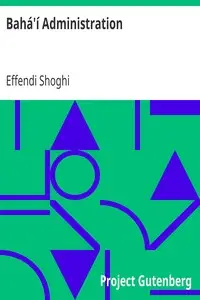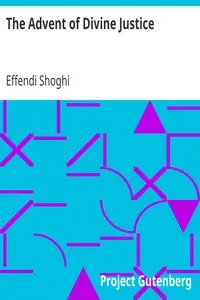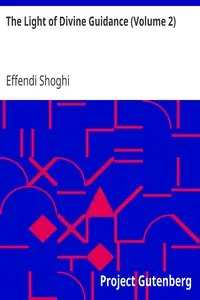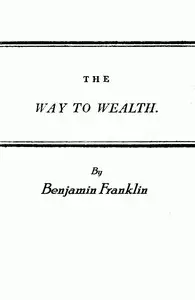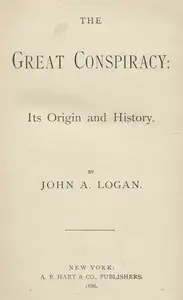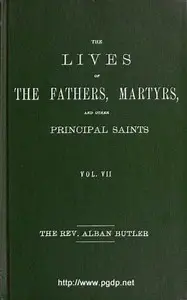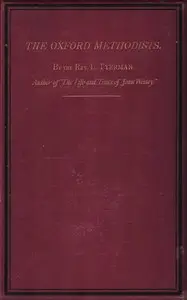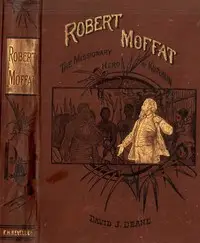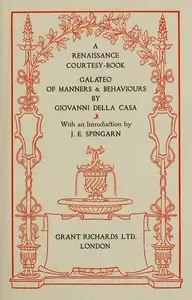"Directives from the Guardian" by Shoghi Effendi is a collection of administrative guidelines and teachings for the Bahá'í Faith, likely written in the mid-20th century. It serves as an important resource for Bahá'í communities, outlining the principles of governance, unity, and the responsibilities of the believers. The text emphasizes the significance of 'Abdu'l-Bahá's ministry and the administrative structure set in place by Bahá'u'lláh, providing insights that aid followers in aligning their practice with the faith's teachings. At the start of the work, several key topics are introduced, including instructions on the treatment of stories about 'Abdu'l-Bahá, the aims of his ministry, and the expectations for Bahá'í administration. The guidance encourages believers to focus on communal unity, the importance of proper administration, and the pursuit of meaningful contributions to the Faith and society. Specific discussions include how to welcome new members, the nature of Bahá'í marriage, and the vital role of financial contributions. Overall, this section sets the tone for the importance of both spiritual and organizational commitments within the Bahá'í community, highlighting the intersection of faith and practical action. (This is an automatically generated summary.)

Directives from the Guardian
By Effendi Shoghi
"Directives from the Guardian" by Shoghi Effendi is a collection of administrative guidelines and teachings for the Bahá'í Faith, likely written in th...
Shoghí Effendi (; Persian: شوقی افندی; 1 March 1897 – 4 November 1957) was an Ottoman-born Iranian religious figure and the Guardian of the Baháʼí Faith from 1921 to 1957. As the grandson and successor of ʻAbdu'l-Bahá, he was responsible for creating a series of teaching plans that oversaw the expansion of the Baháʼí Faith to a number of new countries, and also translated many of the written works of crucial Baháʼí leaders. Upon his death in 1957, the Hands of the Cause, which included his Canadian wife Rúhíyyih Khánum, took on the role of overseeing the transfer of the religion's supreme legal authority to the Universal House of Justice, which has held elections every five years since 1963.

